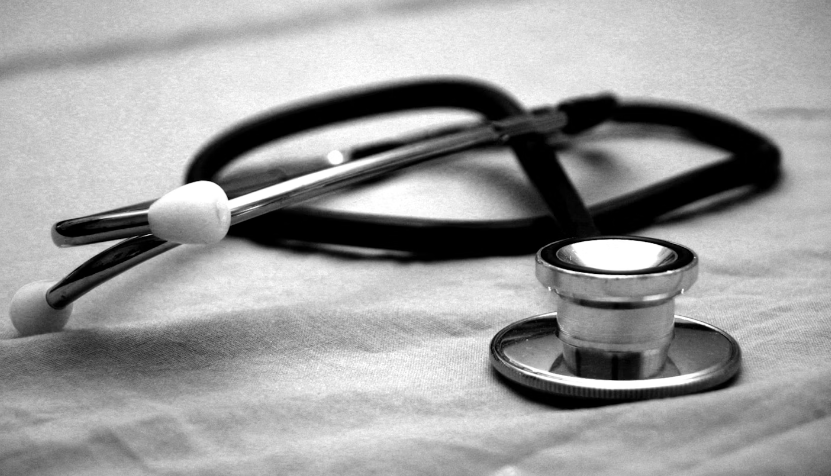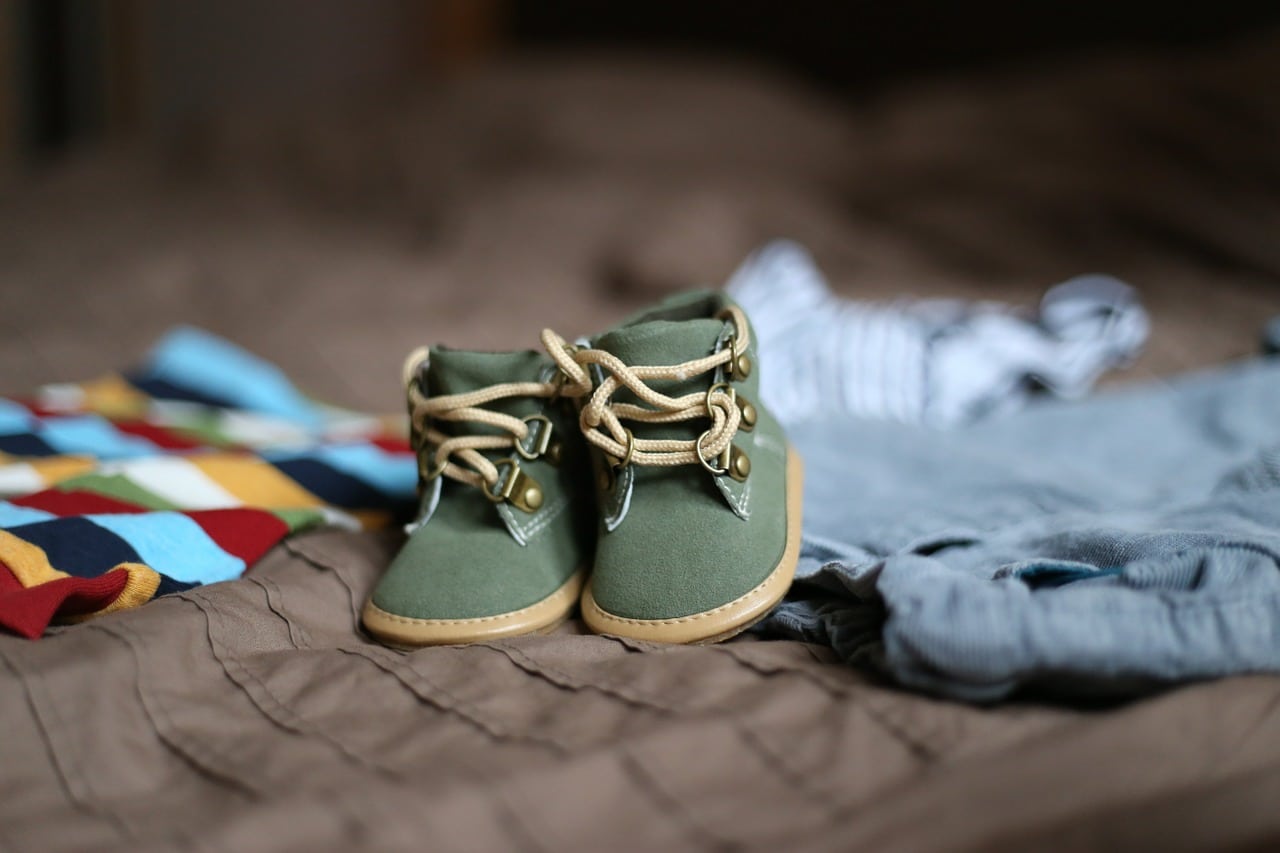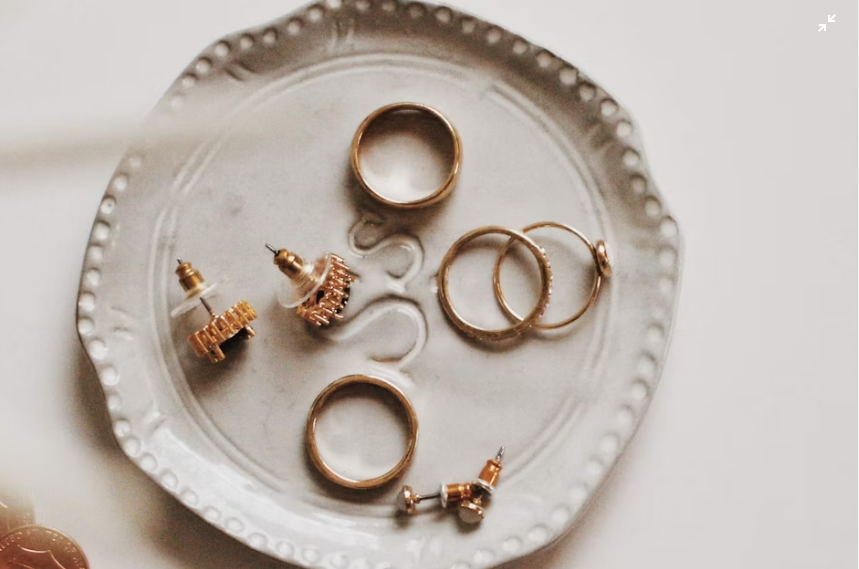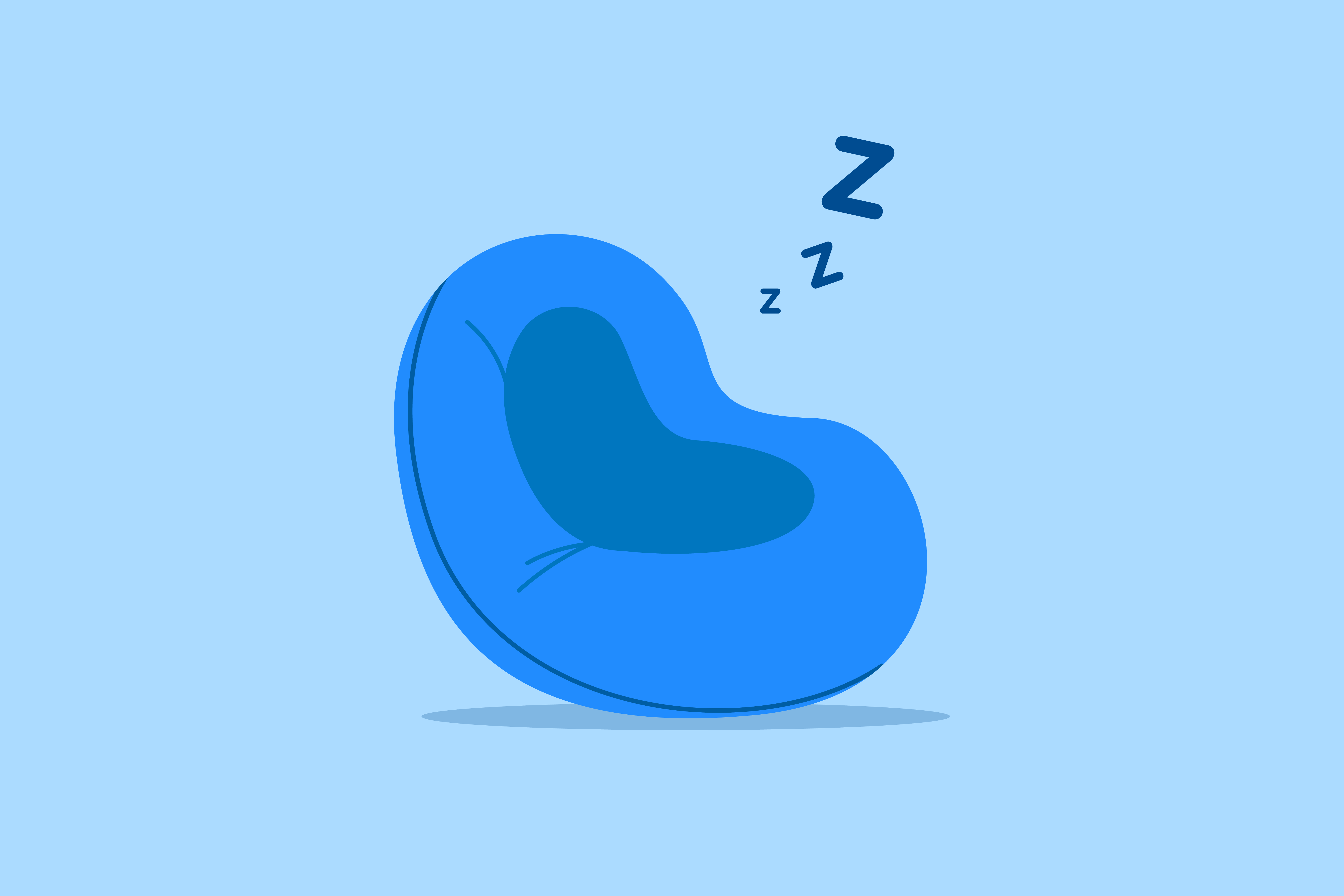Key Takeaways
- Importance of Sleep in Hysterectomy Recovery: Quality sleep is essential for optimal healing and a rapid recovery after a hysterectomy. A good nights sleep will significantly improve your post-operative progress, facilitate your recovery and have you returning to normal activities faster.
- Sleep Positions for Comfort and Healing: Finding the right sleep position is crucial for alleviating discomfort and promoting healing after a hysterectomy. The supine position, where you lie flat on your back with your upper body slightly elevated, is often recommended for comfort and to take pressure of the incision site.
- Managing Menopausal Symptoms: The definition of hysterectomy, is removal of just the uterus but many women have their ovaries removed as part of the procedure. This will place them into menopause. Whether they choose to take hormone replacement or not – women that lose their ovaries may experience menopausal symptoms as they adjust to their new state of being.
Did you know that sleep plays a crucial role in your recovery after a hysterectomy? Whether you’ve undergone an abdominal hysterectomy or a vaginal hysterectomy, getting proper rest is essential for healing and well-being.
While your physician may ‘clear you’ in 6 weeks to start to return to normal activity, complete recovery can actually take up to 3 months. Quality sleep will significantly improve your post-operative progress.
In this article, we will provide you with valuable insights and practical advice on how to sleep comfortably and aid your recovery after a hysterectomy. From understanding the impact of hormone replacement therapy to discovering the best sleeping positions, we’ve got you covered. Let’s dive in!
Sleep Positions for Comfort and Healing
Finding the right sleep position after a hysterectomy can alleviate discomfort and promote healing. Whether you’ve had an abdominal hysterectomy requiring an incision on your belly or undergone minimally invasive procedures like laparoscopic or vaginal hysterectomy, proper sleep is crucial for a smooth recovery.
In this section, we will explore different sleeping positions, including their benefits for managing common post-operative symptoms.
Positions for Restful Sleep
One of the recommended sleep positions after a hysterectomy is the supine position, which means lying flat on their back.
During early recovery from a hysterectomy in the hospital, most people prefer the supine sleeping position. This position is popular because it provides comfort and support, helping patients feel more at ease as they recuperate.
Sleeping on your back involves lying on your back with your upper body slightly elevated. It can help alleviate pressure on the surgical site allowing for a more comfortable sleep.
Benefits of Minimally Invasive Procedures
For women who have undergone minimally invasive procedures like laparoscopic hysterectomy, the recovery time may be shorter than traditional abdominal hysterectomy. However, it’s still important to follow post-operative care instructions and adjust your sleeping position accordingly.
Minimally invasive procedures allow for smaller incisions resulting in less discomfort and a quicker recovery. However, the air inflated into the abdomen for a laparoscopic procedure lingers for a while and can create a bloating feeling and pain under the diaphragm.
“You may find yourself shifting to many different positions during the first couple of weeks of recovery to find comfort,” notes Dr. Dian Ginsberg. “By choosing the right support for your back and abdomen with good sleep hygiene you can further support your healing process and minimize any potential complications.”
Recovery Timeline and Post-Operative Care
Understanding the recovery timeline after a hysterectomy is essential to ensure a smooth recuperation. Following post-operative care instructions is crucial for your healing process. It is important to give your body enough time to heal fully before resuming normal activities, including finding the best sleeping position for a good night’s rest.
After a major surgery like a hysterectomy, it is important to prioritize rest and allow your body to heal. Adequate sleep plays a vital role in this process, as it helps your body recover and regenerate. Keep well hydrated for good sleep, get adequate sunshine for your vitamin D and eat a clean diet.
The blood sugar roller coaster with highly processed foods can create difficulty in allowing your brain to calm down and allow you to achieve the deep and rem sleep needed to heal. Remember, it is during sleep Verified Source National Library of Medicine (NIH) World’s largest medical library, making biomedical data and information more accessible. View source that your body detoxes, keeps your insulin and nutrients in check and rebuilds for you to be stronger the next day.
One aspect to consider during your recovery is the possibility of surgical menopause. due to the removal of the uterus and, often, the ovaries.
These hormonal changes can severely impact your sleep patterns. During this transitional period make your bedroom and sleep surroundings a comfortable and calming as possible, try some essential oils at night like lavender and chamomile, limit screen time as you get into bed and keep your room cool.
Remember, every individual’s recovery process is unique. Pay attention to your body’s signals and adjust your sleeping position accordingly. Your doctor is there to guide and support you through your post operative journey.
Coping with Menopausal Symptoms
Should you have your ovaries removed along with your uterus wow you were still having some kind of monthly cycles-you will undergo surgical menopause. Verified Source National Library of Medicine (NIH) World’s largest medical library, making biomedical data and information more accessible. View source The acute drop in estrogen should you not begin hormone replacement therapy can often lead to extremely uncomfortable symptoms.
Mood swings, hot flashes, and vaginal dryness are common concerns that can disrupt your sleep during the healing process. To help you manage these symptoms and promote a good night’s rest, here are some practical tips.
Managing Mood Swings
Mood swings are a common effect of hormonal changes following a hysterectomy. A study from 2012 Verified Source National Library of Medicine (NIH) World’s largest medical library, making biomedical data and information more accessible. View source show that the risk of experiencing high depressive symptoms and disorder is higher during and possibly after menopause. Another 2012 study Verified Source National Library of Medicine (NIH) World’s largest medical library, making biomedical data and information more accessible. View source also looked at mood after a hysterectomy and concluded that compared to natural menopause, having a hysterectomy with or without keeping the ovaries among women in midlife doesn’t have a long-term negative effect on mood.
However, a 2020 study Verified Source National Library of Medicine (NIH) World’s largest medical library, making biomedical data and information more accessible. View source concluded that having your uterus removed, even if your ovaries are left in place, is linked to a higher chance of developing depression and anxiety later in life.
“Studies indicate that mood issues can last up to 7-12 years before the brain finally adjusts to the hormone loss,” said Dr. Ginsberg.
To cope with mood swings and promote better sleep, consider engaging in relaxation techniques like deep breathing exercises and mindfulness meditation. These practices can help reduce stress and promote a calm and peaceful state of mind before bed.
Handling Hot Flashes
Hot flashes Verified Source National Library of Medicine (NIH) World’s largest medical library, making biomedical data and information more accessible. View source are a common symptom experienced by women during menopause, although they can also occur in men and in women undergoing certain medical treatments. A hot flash is a sudden feeling of intense heat that spreads throughout the body, particularly in the upper body, face, and neck. This sensation is often accompanied by sweating, flushing of the skin, rapid heartbeat, and sometimes chills.Hot flashes occur due to hormonal changes in the body, primarily the decrease in estrogen levels during menopause. These hormonal fluctuations affect the hypothalamus, the part of the brain that regulates body temperature, causing it to become more sensitive to slight changes in body temperature.
Post removal or your ovaries with a hysterectomy recovery, you may experience hot flashes Verified Source National Library of Medicine (NIH) World’s largest medical library, making biomedical data and information more accessible. View source from the swift loss of estrogen.
These hot flashes can be uncomfortable and disrupt your sleep. To minimize their impact, try sleeping in a cool, well-ventilated room and keep a handheld fan or a cool compress nearby. Avoiding triggers such as caffeine and spicy foods before bedtime can also help reduce the frequency and intensity of hot flashes.
Addressing Vaginal Dryness
Vaginal dryness Verified Source National Library of Medicine (NIH) World’s largest medical library, making biomedical data and information more accessible. View source after a hysterectomy Verified Source National Library of Medicine (NIH) World’s largest medical library, making biomedical data and information more accessible. View source with ovaries removed can cause discomfort and make it challenging to sleep, along with a greater impact on quality of life. Verified Source National Library of Medicine (NIH) World’s largest medical library, making biomedical data and information more accessible. View sourceConsider using water-based lubricants or moisturizers designed for menopausal women to alleviate discomfort and improve sleep quality. If vaginal discharge becomes bothersome, consult your healthcare provider for further guidance.
Additional Tips for Comfortable Sleep
As you focus on your recovery after a hysterectomy, getting a good night’s sleep is crucial. Verified Source National Library of Medicine (NIH) World’s largest medical library, making biomedical data and information more accessible. View source In this section, we will provide you with some additional tips and recommendations to help you sleep comfortably and aid in your healing process.
Addressing Upper Back Strain
During your recovery time, you may experience upper back strain due to changes in your body’s alignment. To alleviate this discomfort, try using a pillow lengthways behind your back while sleeping. This will provide extra support and help maintain a neutral position, relieving strain on your upper back.
Preventing Blood Clots
Your doctor will discuss with you the risk of blood clots, Verified Source Centers for Disease Control and Prevention (CDC) The United States’ health protection agency that defends against dangers to health and safety. View source after surgery.
To minimize this risk, keep moving, shower and get dressed every day take short walks throughout the day to promote healthy blood circulation. These simple measures can significantly reduce the chances of developing blood clot.
Maintaining a Neutral Position
While sleeping, it is essential to maintain a neutral position to avoid unnecessary strain on your body. Find a comfortable sleeping position that allows your spine to align naturally. Use supportive pillows to keep your head, neck, and spine in a neutral and relaxed position, promoting optimal comfort and healing.
Benefits of Loose-Fitting Clothing
Choosing loose fitting clothing for sleep can greatly enhance your comfort during the recovery process. Opt for soft, loose-fitting pajamas or nightgowns that do not restrict your movement or put pressure on your incisions. Loose clothing will allow your body to breathe, allowing you to stay cool at night and minimize any discomfort as you rest.
By incorporating these additional tips into your sleep routine, you can prioritize your recovery and experience improved comfort during your healing process. Remember, always consult with your healthcare team for personalized guidance and advice.
Frequently Asked Questions
What not to do during hysterectomy recovery?
During your hysterectomy recovery, it is crucial to avoid heavy lifting, strenuous exercise, and any activities that put pressure on your abdominal area. You should also refrain from driving until you are cleared by your doctor, usually after you are no longer taking pain medication and feel comfortable enough to operate a vehicle safely.
Additionally, avoid submerging in water (such as taking baths or swimming) until your doctor gives you the go-ahead, as these activities can increase the risk of infection. Comfortable panty liners or pads to catch any small amounts of spotting while you are healing can be used as needed, instead of sleeping with a menstrual cup or tampons to absorb any vaginal fluids.
Is it OK to sleep on your side after a hysterectomy?
Sleeping on your side after a hysterectomy is generally acceptable, as long as it does not cause discomfort or pain. If you do choose to sleep on your side, consider placing a pillow between your legs to help align your hips and reduce strain on your lower back. Adding a pillow to support your back is always a good option, notes Dr. Ginsberg.
How long should you rest in bed after a hysterectomy?
The amount of time you should rest in bed after a hysterectomy depends on the type of procedure you had and your individual recovery progress. Typically, you should plan to rest in bed for the first few days after surgery, getting up only for short periods to use the bathroom or walk around the room to promote circulation.
Gradually, you can increase your activity level as your body heals and your doctor gives you permission. Most women can return to their normal daily activities within 4 to 6 weeks after surgery.
Should I sit up in bed after hysterectomy?
Yes, we recommend to sit up in bed after a hysterectomy to help prevent blood clots and promote good circulation. When on a mattress for sitting up in bed, make sure to support your incision by placing a pillow or rolled-up towel against your abdomen.
You can also use pillows to prop yourself up and maintain a comfortable position. Remember to listen to your body and avoid sitting up for extended periods if it causes pain or discomfort.
Can I use a heating pad after hysterectomy?
Using a heating pad after a hysterectomy can be helpful in managing pain and discomfort, but it is important to use it with caution. Always place a layer of clothing or a towel between the heating pad and your skin to prevent burns, and keep the heat setting on low to moderate.
If you have any concerns about using a heating pad or if your pain persists despite using one, consult with your doctor for guidance.
Conclusion
Remember, everyone’s experience may vary, so it’s important to consult with your doctor for personalized advice tailored to your specific needs and circumstances. They can provide you with expert guidance on good sleep habits and ensure that you follow the most appropriate approach to post-hysterectomy sleep and recovery.
With the right precautions and practices for sleep hygiene, you can enhance your comfort, promote healing, and embark on a successful journey towards regaining your vitality and well-being after your hysterectomy surgery.
About the author
Geoff McKinnen is a writer focusing mainly on the healthcare industry and has written articles on everything from foods to help you lose weight to the connection between Alzheimer’s and sleep. Geoff’s passionate about helping readers improve their well-being to lead happier lives. Outside of work, Geoff enjoys cycling and hiking and believes that by leading a healthy lifestyle, he can help others do the same.
View all posts





